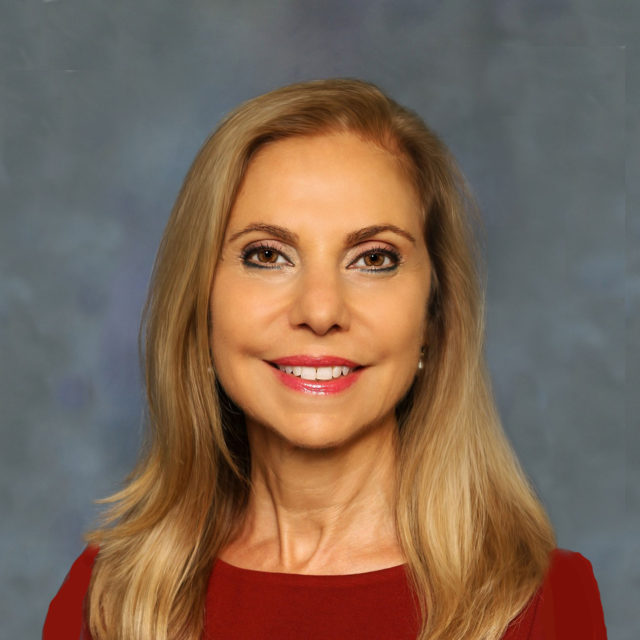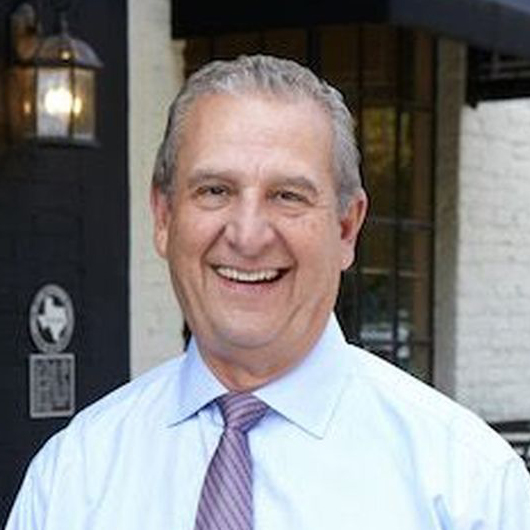PART 4 OF A 10-PART SERIES
Discussing Out-of-Pocket Expenses for Dry Eye Diagnostics
In Part 4 of our series, Real-World Answers From Experts in Dry Eye Disease, we focus on how the “money talk” can be difficult for both clinicians and staff. Dr. Jerry Robben asks our experts in Dry Eye Disease how they begin discussing out-of-pocket expenses for dry eye diagnostics with their patients.
Previously in Part 3: Educating New Dry Eye Patients Who Require Additional Treatment, we talked about the challenges with patients who need additional care for his or her worsening Dry Eye Disease. Oftentimes a clinician will make their decision on which therapy to recommend based upon a diagnostic test that may not be reimbursed. When this happens, it is important to have a “money talk.” This discussion can be difficult for both clinicians and staff. In part, that is because clinicians are trained on how to present treatment plans, but discussing the cost of care is not a subject in most training programs.
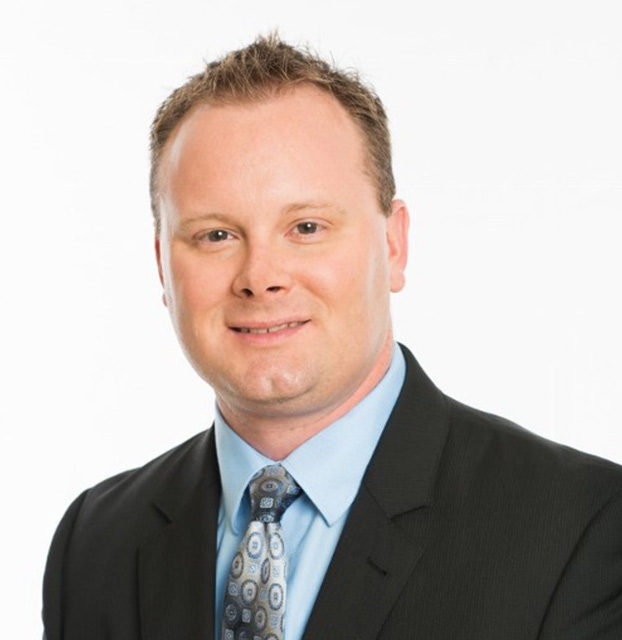
Jerry Robben, OD
Jerry Robben, OD
Bowden Eye & Associates
Jacksonville, Florida
Dr. Robben is the Chief Optometric Physician at Bowden Eye & Associates. He is also an Adjunct Assistant Professor at Arizona College of Optometry. He is a Founding Partner of Dry Eye University and a Founding Member and contributor of Dry Eye Access. He attended graduate school at Nova Southeastern University in Fort Lauderdale, Florida, where he received a second bachelor’s degree in Vision Science and his Doctorate in Optometry. During his externships, Dr. Robben had extensive training in binocular vision disorders and vision therapy. He also focused on pediatric care, contact lenses, low vision, and ocular disease. With a background in clinical education, Dr. Robben started a student doctor externship program, and is also an Adjunct Clinical Assistant Professor for the Arizona College of Optometry where he supervises the 4th Year Optometry Resident Doctors who are completing their externships for graduation. Dr. Robben is a leader in the treatment and management of Dry Eye Disease and has been recognized as a national speaker and educator on the subject. He frequently speaks in educational settings for optometrists, technicians and ophthalmologists across the country.
Moderated by Dr. Jerry Robben
Learning to talk about money with patients was difficult for me, as it is for most clinicians. At our practice, our staff is trained to handle this very well. They discuss with each patient the importance of the dry eye diagnostics needed and leave it for me, the doctor, to make the best decisions about eye health. Together our staff and the patient review the information we get from the tests so that the patient understands how each test will benefit him or her.
We are clear with the patient on what’s covered by insurance and what will be out-of-pocket expenses. Clarity is absolutely essential. And, of course, the patient is free to decline if he or she wishes, and we still do the best we can. But if the patient declines, I bring up the need for the tests in the future while I am educating him or her. In some cases, the patients who decline will double back and get the testing right then, after a compelling, honest discussion.
How do you handle the “money talk”?
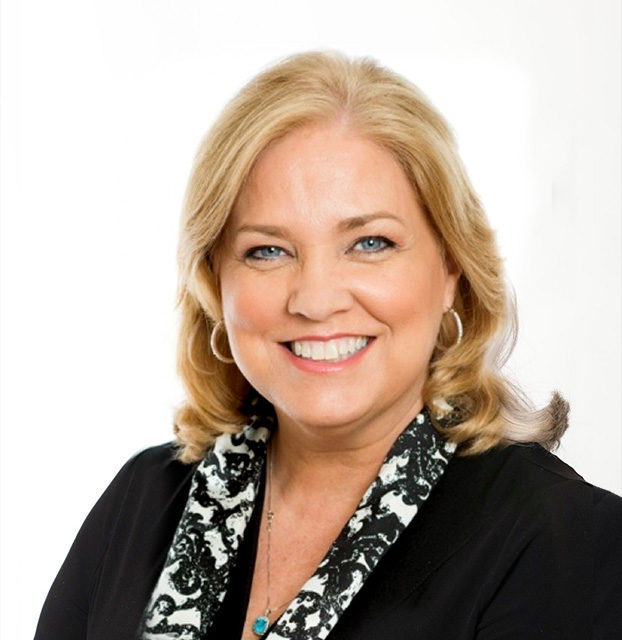
Patti Barkey, COE
Patti Barkey, COE
CEO
Bowden Eye & Associates
Jacksonville, Florida
Patti Barkey created Dry Eye University and is a member of the ASOA Board of Directors which works with ASCRS to bring an annual program for education. Ms. Barkey is CEO of Bowden Eye & Associates and the Eye Surgery Center of North Florida, an ambulatory surgery center which specializes in dry eye. She is also a founding member of Dry Eye Access, and Director of Dry Eye University and Dry Eye Partners, the consulting side of Dry Eye University.
Our technicians simply review the need for the dry eye diagnostics based on the SPEED symptoms. A simple statement is often all it takes: “Based on your responses, there are symptoms of dry eye disease, and our doctor will need some additional information prior to seeing you. The cost of the test is ________ and is/isn’t covered by your insurance.”
We’ve been successful so far in getting InflammaDry® covered. Almost no profit, however. Having objective metrics like osmolarity and InflammaDry® (MMP-9) is helpful in assessing response to therapies and helps bridge the annoying sign/symptom disconnect in Dry Eye Disease. (I believe the sign/symptom disconnect is there because traditional metrics are measuring the wrong things that have a poor sensitivity, poor specificity, and poor PPV!) The dry eye diagnostics results can also encourage a patient to continue good compliance as you demonstrate improvements.
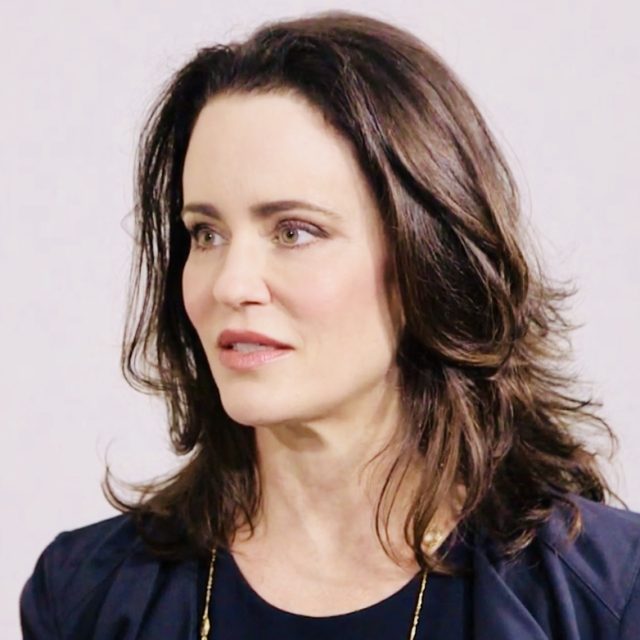
Laura M. Periman, MD
Laura M. Periman, MD
Evergreen Eye Center
Seattle, Washington
Laura Periman, MD is a board-certified ophthalmologist, fellowship-trained cornea and refractive surgeon and Ocular Surface Disease Expert. She knew she wanted to be a doctor since the age of 12 and always seen eyes as the key defining feature of every person. Her interests in molecular biology began with winning the Terry Spies Memorial Scholarship at the Oregon Regional Primate Research Center as an undergraduate at Willamette University in Salem, OR.
Her interests in immunopathophysiology took root during her work in Research and Development at Immunex Corporation in the Molecular Biology Department prior to attending medical school at the University of Washington in Seattle, WA. During medical school, she received the Rex and Arlene Garrison Oncology Fellowship, the Western Medical Student Research Committee Award for Excellence and was elected to the honor society, Alpha Omega Alpha. Upon graduation with honors, she also received the Georgianna Kirby Award for outstanding patient dedication and compassion.
Dr. Periman completed her Ophthalmology Residency as well as Cornea/Refractive Fellowship at the University of Washington in Seattle. She is an international lecturer on Ocular Surface Disease. She has nine peer reviewed publications, two chapters, a review article and independent study in press, and has written extensively on the topic of Ocular Surface Disease. Her unique and passionate perspective on OSD stems from her work in immunopathophysiology. She is an innovator and enthusiastic speaker who loves bridging the gap between basic science, clinical practice and patient compassion.
As Director of Dry Eye Services and Clinical Research at Evergreen Eye Center Seattle, WA she combines her clinical care passion, scientific drive and innovative creativity to provide first class Ocular Surface Disease management.
For more information on Dr. Periman, please visit her website www.dryeyemaster.com.
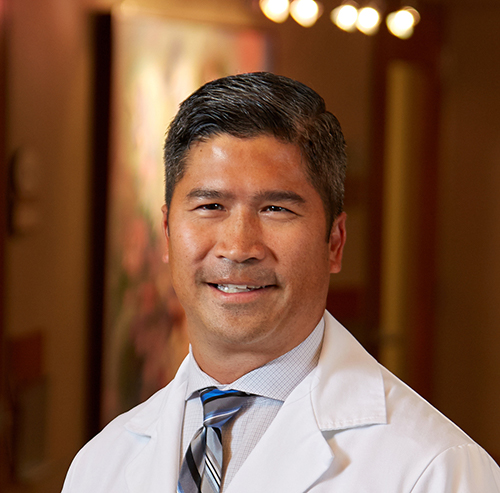
Walter Whitley, OD, MBA, FAAO
Walter Whitley, OD, MBA, FAAO
Virginia Eye Consultants
Norfolk, Virginia
Walter Whitley, OD, MBA, FAAO serves as the Director of Optometric Services and Residency Program Supervisor at Virginia Eye Consultants in Norfolk, Virginia where his practice encompasses ocular surface disease, glaucoma, surgical co-management, clinical research and the supervision of an extensive referral network. Dr. Whitley is a nationally recognized author and lecturer on topics ranging from ocular disease, surgical co-management, pharmaceuticals and practice management topics. He serves as Co-Chief Medical Editor for CollaborativeEYE and contributing editor for the Review of Optometry.
All new patients, as well as all dry eye evaluations, get questionnaires to document symptoms, such as the SPEED Questionnaire. If they have a score over 6, our technicians educate patients on the need for dry eye diagnostics such as tear osmolarity and MMP-9, which may or may not be out-of-pocket expenses but are medically necessary to fully evaluate their ocular conditions. Technicians let patients know how we use this information, and the doctor will discuss further. ABNs are reviewed and signed prior to dry eye diagnostic tests. If patients decline the test, our technicians leave notes for the provider why the test was not done. Then the doctor can discuss and order later during the Dry Eye Disease examination or will order for the next visit.
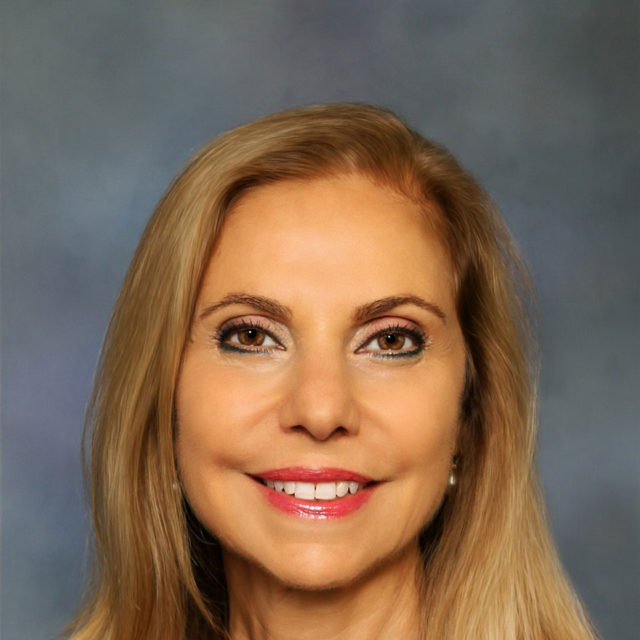
Cynthia Matossian, MD, FACS, ABES
Cynthia Matossian, MD, FACS, ABES
Matossian Eye Associates
New Jersey and Pennsylvania
Cynthia Matossian, MD, FACS, is the founder, CEO, and medical director of Matossian Eye Associates with multiple offices in PA and NJ. She specializes in refractive cataract surgery and dry eye disease. She was named one of Ocular Surgery News’ Premier Surgeon 300—an elite group of 300 premium refractive cataract surgeons in the US. She was the 2017 winner of the Ophthalmic World Leaders Visionary Award. She has been named one of the Top 25 Leading Women Entrepreneurs in New Jersey and one of New Jersey and Pennsylvania’s Best 50 Women in Business. She is a Clinical Assistant Professor of Ophthalmology (Adjunct) at Temple University School of Medicine. Contact Info: cmatossian@matossianeye.com.
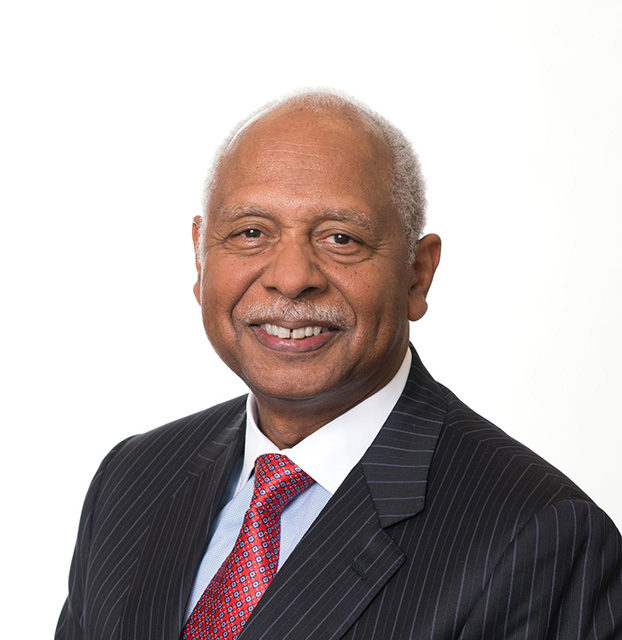
Frank W. Bowden, III, MD, FACS
Frank W. Bowden, III, MD, FACS
Bowden Eye & Associates
Jacksonville, FL
Dr. Frank W. Bowden, III, had his fellowship as a cornea specialist at Wills Eye. He is President, Medical Director and Founder of Bowden Eye & Associates, President and Medical Director of Eye Surgery Center of North Florida, LLC. He is also a Founding Partner of Dry Eye University and a Founding Member, Advisory Board and Contributor of Dry Eye Access. Previously, he was an Assistant Clinical Professor at University of Florida, Jacksonville.
Dr. Frank W. Bowden, III, founded Bowden Eye & Associates in 2001, focusing the practice on comprehensive eye care; custom cataract surgery; refractive and LASIK surgery; glaucoma surgery and laser therapy; treatment of Dry Eye Disease and other ocular surface disorders; corneal transplantation; and corneal and external diseases. As a fellowship-trained cornea specialist, he is uniquely qualified to treat Dry Eye Disease; corneal abrasions, inflammations, ulcers, scarring, injuries and infections; keratoconus; as well as pediatric corneal diseases. He also specializes in corneal transplantation using advanced techniques such as PKP, DSAEK, and DALK.
We advise patients that insurance coverage does not define medical necessity or utility. The dry eye diagnostics permit an evidence-based approach to treatment recommendations and effective disease monitoring. We use counselors to conduct dry eye consults to have patients be prepared for out-of-pocket expenses.
We don’t do dry eye diagnostics on the same day as an annual exam. Rather, we separate it into a Dry Eye Disease visit. We inform the patient that this testing is not covered by his or her insurance, and there may be out-of-pocket expenses. But we prescribe it as a way to pinpoint the exact protocol needed to treat his or her eyes. Also, we explain that our goal is to actually find ways to save you money by eliminating useless treatments and finding ones that will bring about actual results.
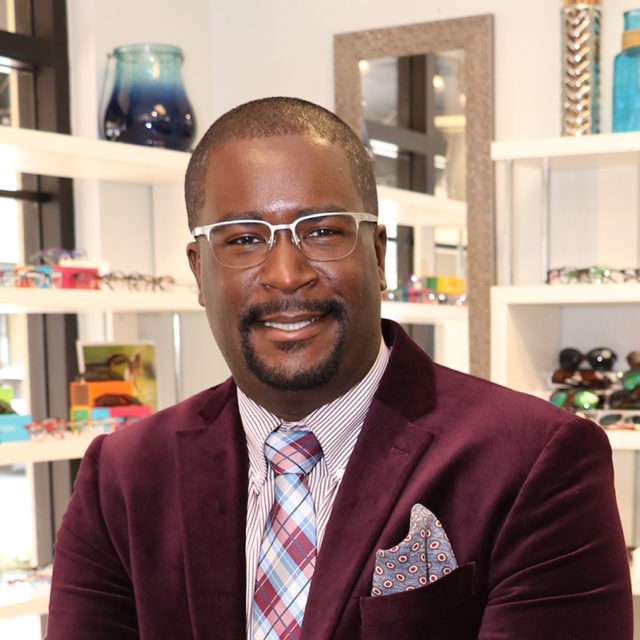
Adam Ramsey, OD
Adam Ramsey, OD
Iconic Eye Care
Palm Beach Gardens, Florida
Adam Ramsey, OD serves as the Medical Director of Iconic Eye Care in Palm Beach Gardens FL. Dr. Ramsey’s practice encompasses ocular surface disease, glaucoma, surgical co-management, macular degeneration care and diabetic eye exams. Dr. Ramsey is the current President of the Palm Beach County Optometric Association and is also the Vice-President of T. Leroy Jefferson Medical Society an affiliate of National Medical Association. He also serves as the Chief Optometric officer for Seminole Health Indian Reservation for the state of Florida servicing 3 locations.
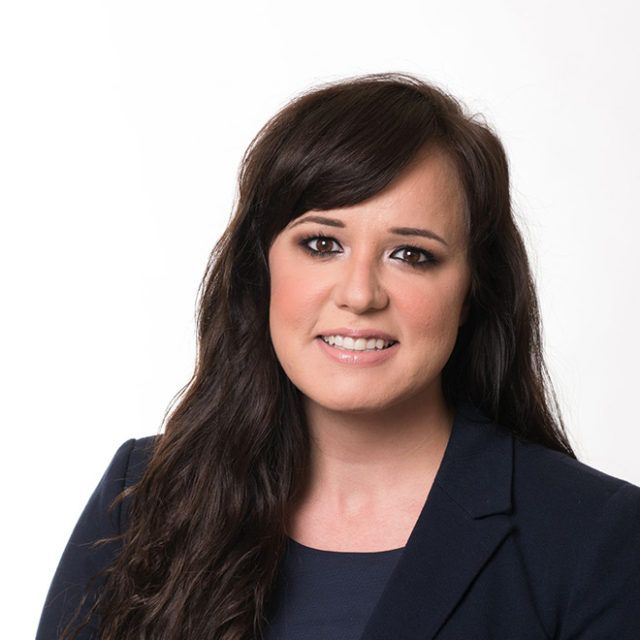
Sarah Darbandi, MD
Sarah Darbandi, MD
Bowden Eye & Associates
Jacksonville, FL
Dr. Sarah Darbandi is a fellowship trained cornea specialist. She is the Vice-President, Owner and Director of Aesthetic services for Bowden Eye & Associates. She is also a Founding Partner of Dry Eye University and a Founding Member, Advisory Board and Contributor of Dry Eye Access.
She attended Medical School at West Virginia University, then went on to residency in Ophthalmology at the West Virginia University Eye Institute. With her interest in corneal transplantation and refractive surgery, she then completed a fellowship in Albany, New York, in Cornea and Refractive Surgery. In 2015, she became partner and Vice President of Bowden Eye & Associates. Dr. Darbandi provides general ophthalmic care, custom cataract surgery, corneal transplantation, ocular surface reconstruction, and refractive surgery.
Although some dry eye diagnostics are not covered, they are extremely important in identifying the nature of the patient’s condition, as well as to track progression. Often someone’s eyes can feel better, but if his or her metrics are abnormal, this can lead to further problems and difficulty choosing and having success with treatments. This is similar to how the dentist needs X-rays to evaluate the nature of the condition and that, often, these have out-of-pocket expenses, but they are still essential in treatment and management.
It helps to give perspective. Patients are willing to spend money on their health. Dry eye diagnostics are no different. If they are willing to pay for hearing aids, glasses, braces, a treadmill, or a gym membership for their health, would they not do the same here?
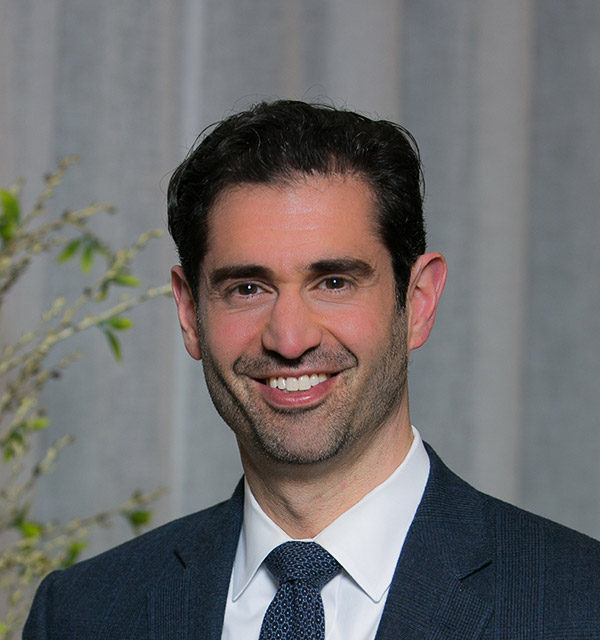
Richard Adler, MD, FACS
Richard Adler, MD, FACS
Belcara Health
Baltimore, Maryland
Dr. Richard Adler is an Assistant Professor of Ophthalmology at the Wilmer Eye Institute and Director of Ophthalmology at Belcara Health in Baltimore, Maryland. Dr. Adler completed his medical training and residency at Johns Hopkins as well as a fellowship in Cornea and External Disease at the Wilmer Eye Institute. Dr. Adler has published numerous papers and speaks nationally on topics related to the unique challenges of Dry Eye Management.
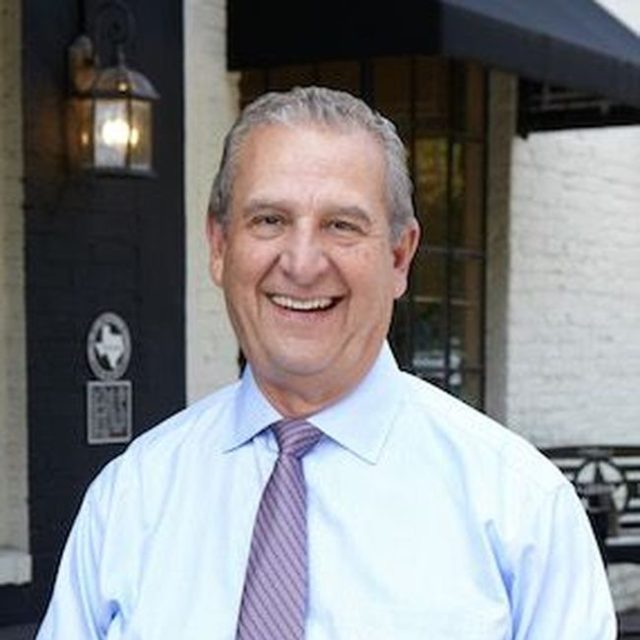
Art Medina, OD
Art Medina, OD
Medina Eye Care
San Antonio, Texas
Dr. Arthur A. Medina Jr. was born and raised in San Antonio, Texas and attended Central Catholic High School. He received his doctorate of optometry in 1972. The University of Houston, College of Optometry, appointed him to the faculty.
Medina continued his postdoctoral training with Dr. Louis Girard, M.D, who chaired the department of ophthalmology at Baylor College of Medicine. That experience enhanced the philosophy that still serves as the foundation for his practice.
Dr. Medina opened his private practice in 1983, after a decade as an associate of two prestigious ophthalmological practices. His experience with pre and post-operative care of cataract and refractive surgery patients led to working relationships with leading ophthalmic surgeons throughout Texas and the western United States. His incredible passion for the profession and quality patient care led to unique relationships with renowned, like-minded national and international physicians.
Clinicians on the front lines of care for Dry Eye Disease understand their role extends beyond just delivering excellence in care. Communication around all aspects of the journey in Dry Eye Disease is equally important.

